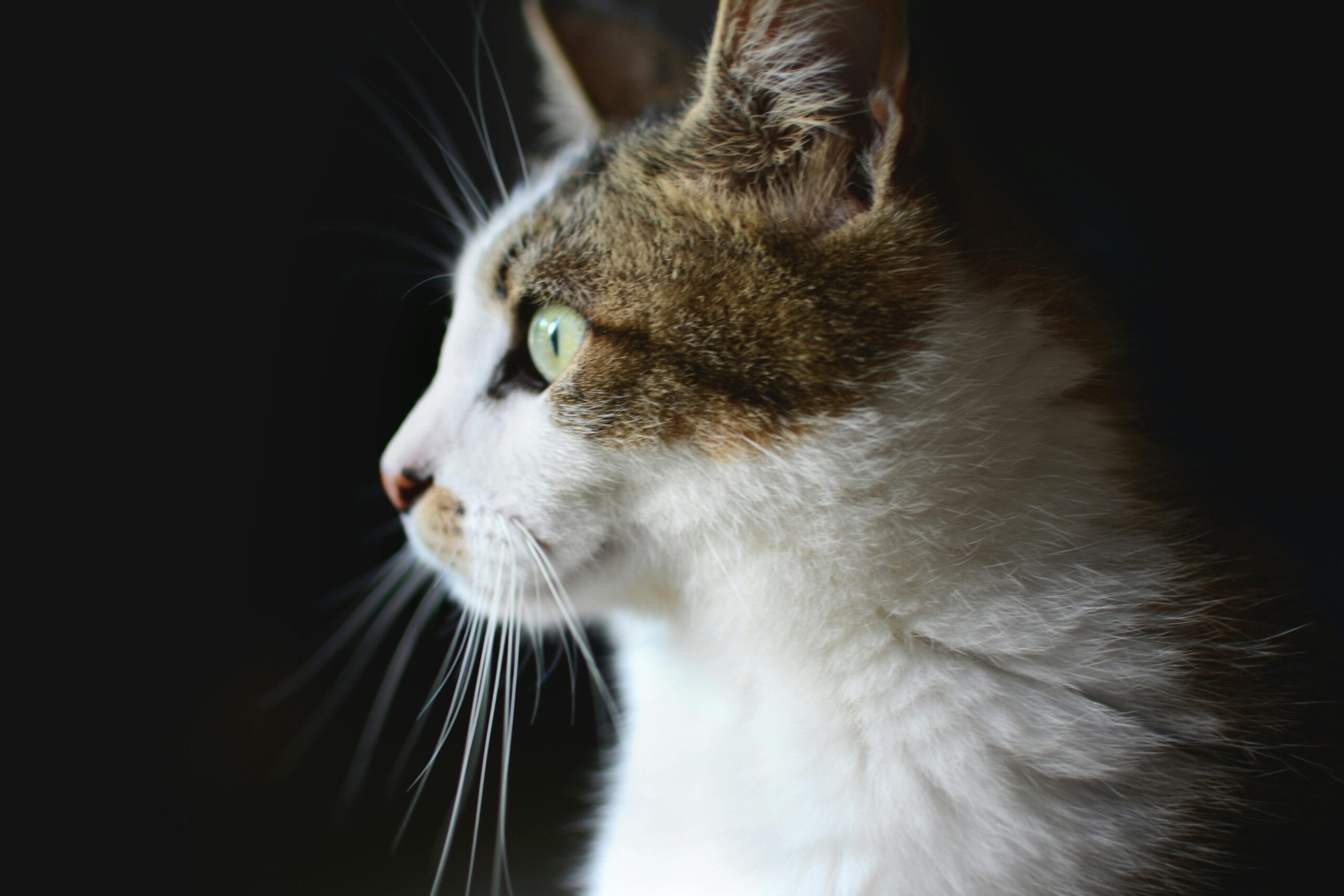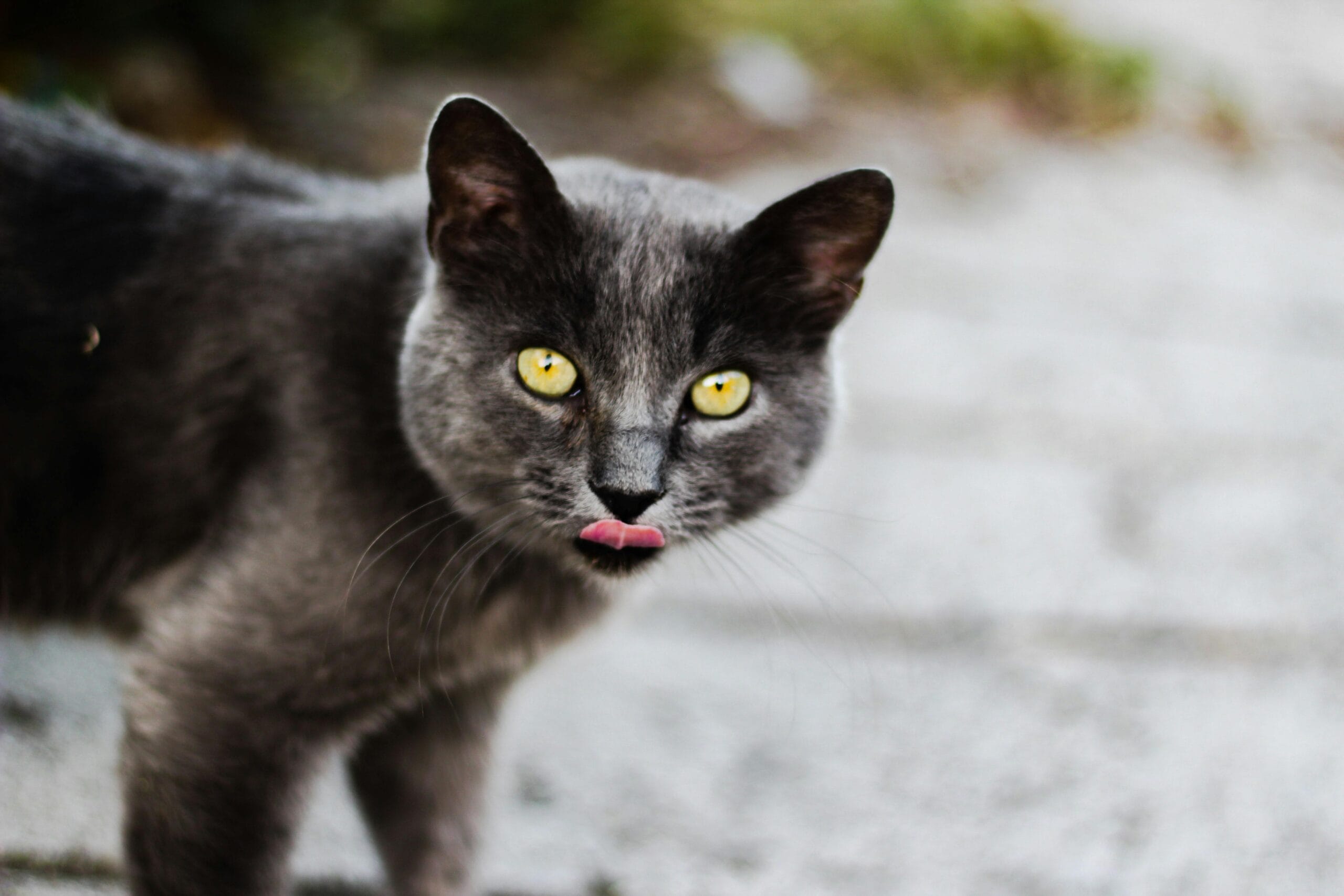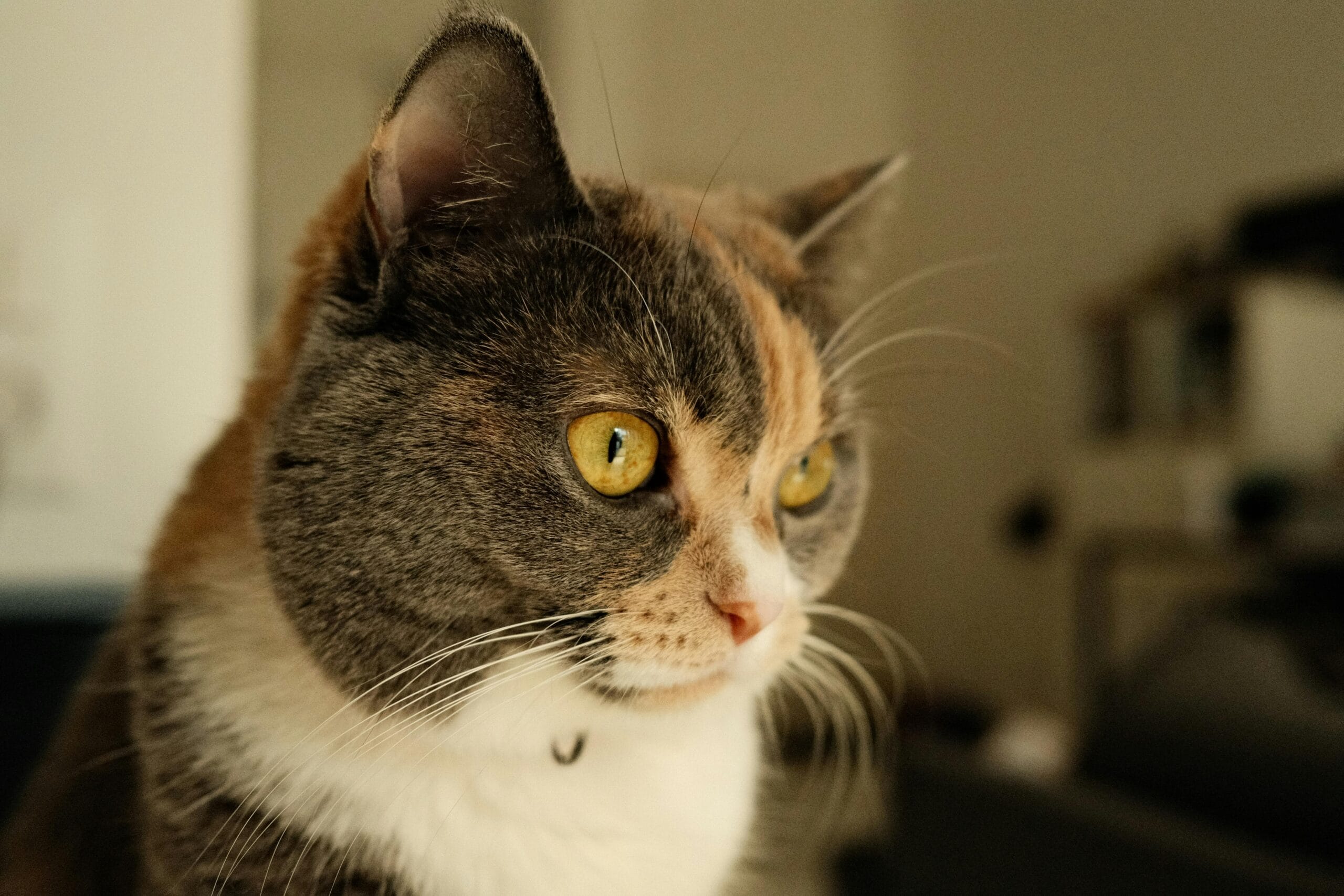Can cats eat scrambled eggs? Can cats eat eggs? Are eggs good for cats? Find out the surprising answers and learn about the nutritional benefits & potential risks of feeding your feline friend eggs! Discover the truth now!
Can Cats Eat Scrambled Eggs? A Comprehensive Guide
Many cat owners wonder about incorporating human foods into their feline companions’ diets. One common question is: Can cats eat scrambled eggs? The answer, while generally positive, requires a nuanced understanding of nutritional needs and potential risks. This comprehensive guide will explore whether eggs are good for cats, how to prepare them safely, and what precautions to take.
Can Cats Eat Eggs? Nutritional Benefits and Risks
Yes, cats can eat eggs, and in moderation, they can be a beneficial addition to a cat’s diet. Eggs are a fantastic source of high-quality protein, essential amino acids, and various vitamins and minerals, including vitamin A, vitamin D, riboflavin, and selenium. These nutrients contribute to a cat’s overall health and well-being. However, like with any human food given to cats, moderation is key. Too many eggs can lead to digestive upset or other issues.
While eggs offer many benefits, it’s crucial to remember that a cat’s diet should primarily consist of food specifically formulated for their nutritional needs. Commercial cat food is balanced to provide all the necessary vitamins and minerals, preventing nutritional deficiencies or imbalances that could arise from relying too heavily on supplemental foods like eggs. Think of eggs as an occasional treat, not a staple in your cat’s diet. Just like considering whether cats can eat sardines, we must carefully consider the impact of any extra food on their overall health.
Are Eggs Good for Cats? A Balanced Perspective
The question, “Are eggs good for cats?” isn’t a simple yes or no. While eggs offer nutritional value, they shouldn’t replace a cat’s balanced commercial diet. Overfeeding eggs can lead to several problems. Too much protein can strain their kidneys, especially in older cats. Furthermore, the fat content in eggs can contribute to weight gain if not managed properly. Just as we wouldn’t give our cats excessive amounts of beef tendon due to its richness, we need to monitor their egg consumption.
Eggs can also be a source of salmonella, a bacterium that can cause food poisoning in both humans and cats. Always cook eggs thoroughly to eliminate this risk. Never feed your cat raw eggs, as this increases the risk of bacterial contamination and biotin deficiency. Consider this aspect when also considering whether cats can have lettuce, since it presents a different risk profile compared to eggs.
Can Cats Eat Scrambled Eggs? Preparation is Key
Now, addressing the initial question directly: Can cats eat scrambled eggs? Yes, they can, provided they are cooked thoroughly and served plain. Avoid adding salt, pepper, or any other seasonings, as these can be harmful to cats. Similarly, avoid adding onions or garlic, which are toxic to cats. Remember that this precaution also applies when assessing if cats can eat grapes or cherries, as these fruits also present potential risks.
Scrambled eggs are generally the safest option, as they are easily digestible. Avoid feeding your cat fried eggs, as the added oil can cause digestive problems. Keep the portion size small – a small amount, perhaps a teaspoon or two, a couple of times a week is generally acceptable for an adult cat. Always monitor your cat for any signs of allergic reaction or digestive upset after introducing eggs to their diet.
Understanding Potential Allergic Reactions
Although rare, some cats can be allergic to eggs. Symptoms of an allergic reaction can include vomiting, diarrhea, skin irritation, or itching. If you notice any of these symptoms after feeding your cat eggs, discontinue feeding them immediately and consult your veterinarian. This is crucial, just as it is essential to understand potential reactions when exploring whether other foods, like certain fruits and vegetables, might cause problems, similar to assessing the potential dangers of giving your pet treats similar to how you would research “can cats have cherries” or “can cats eat grapes”.
It’s important to remember that every cat is different, and what works for one might not work for another. Always start with a small amount of eggs to observe your cat’s reaction before increasing the quantity. If you have any concerns about adding eggs to your cat’s diet, consult your veterinarian for personalized advice. A vet can advise based on your cat’s age, health condition, and overall dietary needs.
More Than Just Eggs: A Holistic Approach to Feline Nutrition
While can cats eat eggs is a frequently asked question, it’s part of a broader discussion about feline nutrition. A balanced diet is crucial for your cat’s health and longevity. Providing a high-quality commercial cat food that meets their nutritional requirements should be the cornerstone of their diet. Treats, including eggs, should be given sparingly and as supplements, not replacements for their main food source. The ASPCA offers excellent resources on feline nutrition, and it’s advisable to consult their website for further information: https://www.aspca.org/pet-care/cat-care/cat-nutrition
Similarly, the American Veterinary Medical Association (AVMA) provides valuable insights into pet health and nutrition. You can find relevant information on their website, too: https://www.avma.org/resources-tools/pet-owners/petcare
Conclusion: Moderation and Observation are Key
In conclusion, the answer to “Can cats eat scrambled eggs?” is a cautious yes. Scrambled eggs, when cooked thoroughly and given in moderation, can be a healthy treat offering additional protein and nutrients. However, they shouldn’t replace a complete and balanced commercial cat food. Always monitor your cat for any adverse reactions and consult your veterinarian if you have any concerns. Remember, responsible pet ownership involves making informed decisions about your cat’s diet and overall well-being.
Share Your Experiences!
Have you ever given your cat scrambled eggs? Share your experiences and any tips or insights you’ve learned in the comments below! Let’s build a community of cat owners sharing knowledge about can cats eat eggs and responsible feline nutrition. Tell us about your cat’s reaction to eggs and how you incorporated them into their diet (or why you chose not to). Your comments can help other cat owners make informed decisions!

- Can cats eat scrambled eggs?
- Yes, cats can eat scrambled eggs in moderation. Plain, cooked eggs are generally safe for cats. However, avoid adding salt, butter, oil, or seasonings. Focus on plain scrambled eggs.
- Can cats eat eggs?
- Yes, but with some important caveats. While eggs can be a healthy treat, only offer them cooked (scrambled, boiled, or poached) and plain. Raw eggs can contain harmful bacteria like salmonella.
- Are eggs good for cats?
- Eggs can be a good source of protein and other nutrients for cats, but they shouldn’t make up a significant part of their diet. They are best offered as an occasional treat, not a meal replacement.
- How often can I give my cat scrambled eggs?
- Scrambled eggs should only be given as an occasional treat, perhaps once or twice a week at most. Too many eggs can lead to digestive upset or nutritional imbalances.
- What are the benefits of giving my cat eggs?
- Eggs are a good source of protein and essential amino acids, beneficial for a cat’s muscle mass and overall health. They also contain vitamins and minerals.
- Can cats eat raw eggs?
- No, avoid giving your cat raw eggs. Raw eggs can contain salmonella and avidin, which can interfere with biotin absorption, potentially causing health problems. Always cook eggs thoroughly before feeding them to your cat.
- My cat seems to love eggs, can I feed them every day?
- No, daily egg consumption isn’t recommended for cats. A balanced cat food provides all the necessary nutrients. Too many eggs can lead to digestive issues and nutritional imbalances. Think of them as a special treat, not a staple food.
- Can kittens eat scrambled eggs?
- Yes, kittens can eat small amounts of plain, scrambled eggs, but only as an occasional treat. Their digestive systems are still developing, so moderation is key.
- Are there any risks associated with feeding my cat eggs?
- The primary risk is feeding raw eggs due to potential salmonella contamination. Overfeeding eggs can lead to digestive upset, obesity, and nutritional imbalances. Always consult your vet if you have any concerns.
- My cat is allergic to eggs. What should I do?
- If you suspect your cat has an egg allergy (symptoms include vomiting, diarrhea, skin irritation), stop giving them eggs immediately and consult your veterinarian. They can help determine the best course of action and suggest alternative protein sources.

Can Cats Eat Scrambled Eggs? A Guide to Feline-Friendly Food
Yes, cats can eat scrambled eggs, but with important caveats. Plain, scrambled eggs offer a good source of protein and essential nutrients for your feline friend. However, moderation is key. Too many eggs can lead to digestive upset, and feeding eggs excessively might displace other necessary nutrients in their regular diet. Always ensure the eggs are thoroughly cooked; raw eggs contain avidin, which can interfere with biotin absorption. Think of eggs as an occasional treat, not a staple in their diet.
When preparing scrambled eggs for your cat, avoid adding any seasonings, butter, oil, salt, pepper, or onions. These ingredients are toxic to cats. Stick to plain scrambled eggs to ensure your cat’s safety. Remember to introduce new foods gradually to monitor any potential allergic reactions or digestive issues. If your cat shows signs of an upset stomach after eating eggs, discontinue feeding them eggs and consult your veterinarian.
Providing a balanced and nutritious diet is crucial for your cat’s health. While eggs can be a healthy addition occasionally, they shouldn’t replace their regular cat food. Just as you would be careful about feeding grapes to cats, you need to be equally cautious with any new food item introduced. Consider offering other healthy treats in moderation, such as small pieces of cooked, lean meat. Providing a variety can help keep your cat interested in their food, but always prioritize a balanced diet formulated for cats.
For a wider range of foods to consider or avoid, consult your veterinarian for personalised advice. They can advise on suitable treats and supplements that complement your cat’s diet. For example, while eggs are sometimes a good addition, you might want to explore other protein sources. You may want to investigate if beef tendon is a suitable alternative, which offers a different nutritional profile. Always research and prioritize your cat’s health and wellbeing.
Remember, a balanced diet includes appropriate amounts of protein, fat, and carbohydrates. Eggs can be part of that, but only as a small supplement. Other treats should also be introduced with caution. For instance, cherries are a definite no-no for your feline companion. Similarly, you should carefully research the suitability of other human foods. You might think about the safety of feeding sardines to your cat, as they present unique nutritional considerations.
Finally, if you are unsure about any food item, it’s always best to err on the side of caution and consult your vet. Even seemingly harmless vegetables like lettuce should be given in moderation. Prioritising your cat’s health and well-being should always be your top priority. A healthy and happy cat is a result of proper care, a balanced diet, and responsible decision-making when it comes to their food.

Can Cats Eat Scrambled Eggs, can cats eat eggs, are eggs good for cats